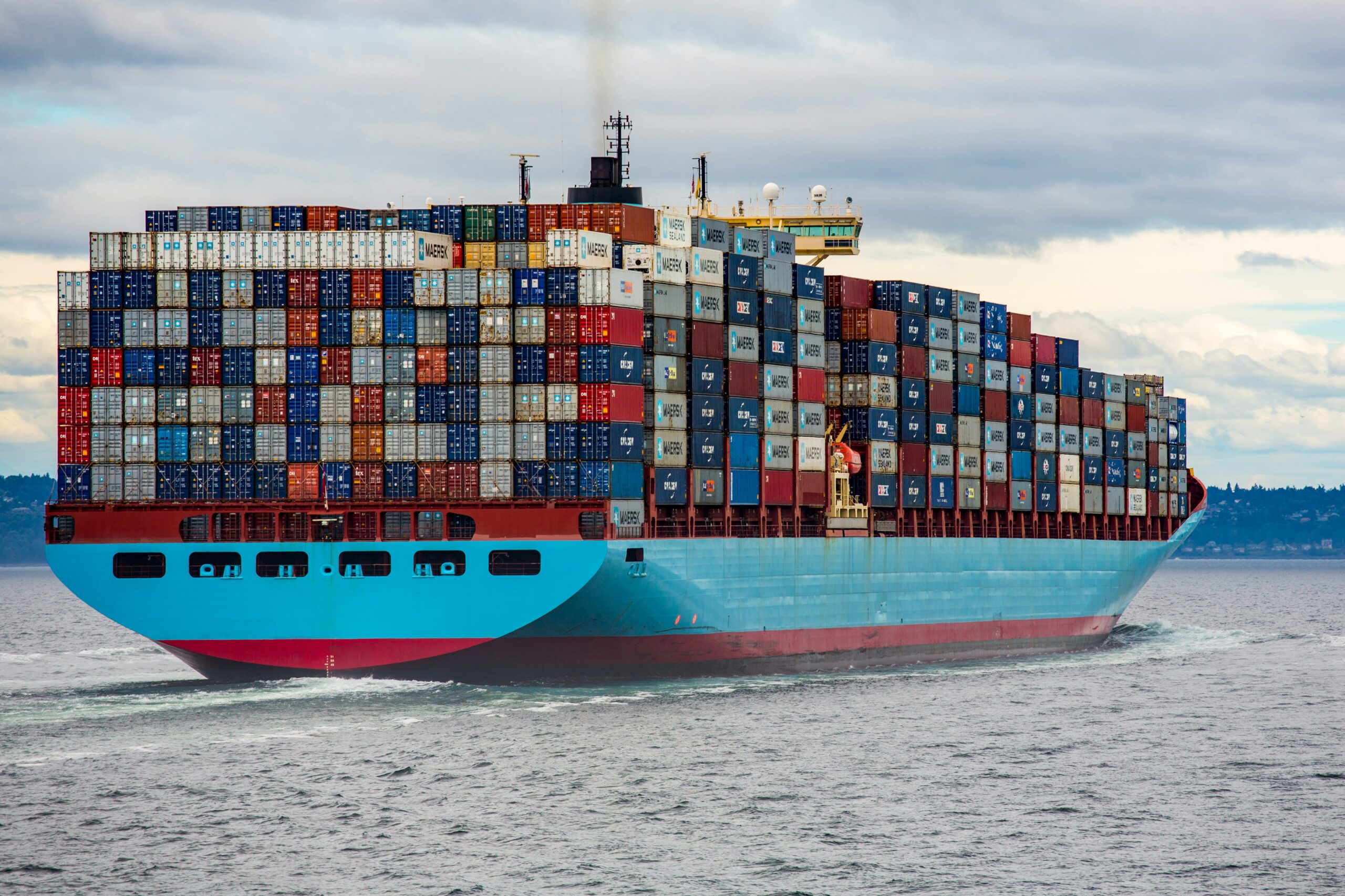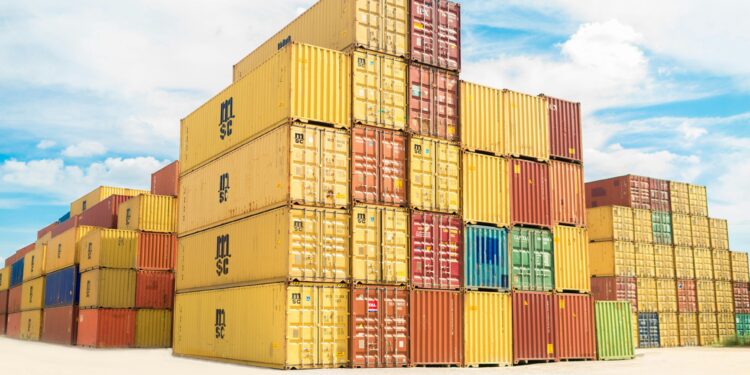A landmark global agreement to force the shipping industry to slash its carbon emissions lies in ruins today, dismantled by a deliberate campaign of economic coercion led by the United States. What should have been a historic vote in London to establish the world’s first internationally mandated emissions targets for shipping instead, became a rife demonstration of raw power politics, with the Trump administration successfully threatening allies and twisting arms to kill a deal it labeled a “green scam.”
The collapse reveals a troubling new reality that global climate progress can be vetoed by a single nation willing to wield tariffs and threats as its primary diplomatic tools.

A “Huge Win” for Trump, A Damaging Loss for the Planet
This was not a minor proposal but rather a framework supported by more than 100 countries and, critically, by the shipping industry itself, which craved the regulatory certainty to invest in a cleaner future. Its abandonment is a catastrophic setback in the fight against climate change, as shipping accounts for 3% of global emissions—a figure poised to grow.
For the administration, however, this was a political victory. Secretary of State Marco Rubio proudly declared the outcome a “huge win” for President Trump, celebrating the derailment of a policy designed to hold a major polluting industry accountable. This framing exposes a fundamental conflict where the world sees an environmental imperative, this administration sees only a political obstacle to be crushed.
How the Deal Was Brokered
The defeat was executed with surgical precision. The U.S. threatened countries with tariffs if they voted in favor — a blatant move that forced key nations to abandon their principles. Island states like the Bahamas and Antigua and Barbuda, which rely heavily on U.S. trade, were “leaned on heavily” to change their positions.
This pressure created the narrow margin needed for Saudi Arabia to table a last-minute motion to adjourn the talks for a year—a procedural move that the chairman confirmed effectively killed the agreement. The plea from the IMO Secretary General for this not to be repeated was a desperate acknowledgment that the very rules of multilateral cooperation have been shattered.
Why It Matters
The solution to this crisis must be a renewed, more resilient strategy for international climate action. Nations committed to climate action must forge stronger pacts that can withstand economic blackmail, creating blocs large enough to move markets independently.
In addition, the shipping industry, which expressed its “disappointment,” must now leverage its immense economic power to advocate even more forcefully for the stable, global regulations it needs to transition.
Lastly, the countries that yielded to pressure must be held to account by their own citizens and the global community for prioritizing short-term trade fears over the long-term health of the planet.

















